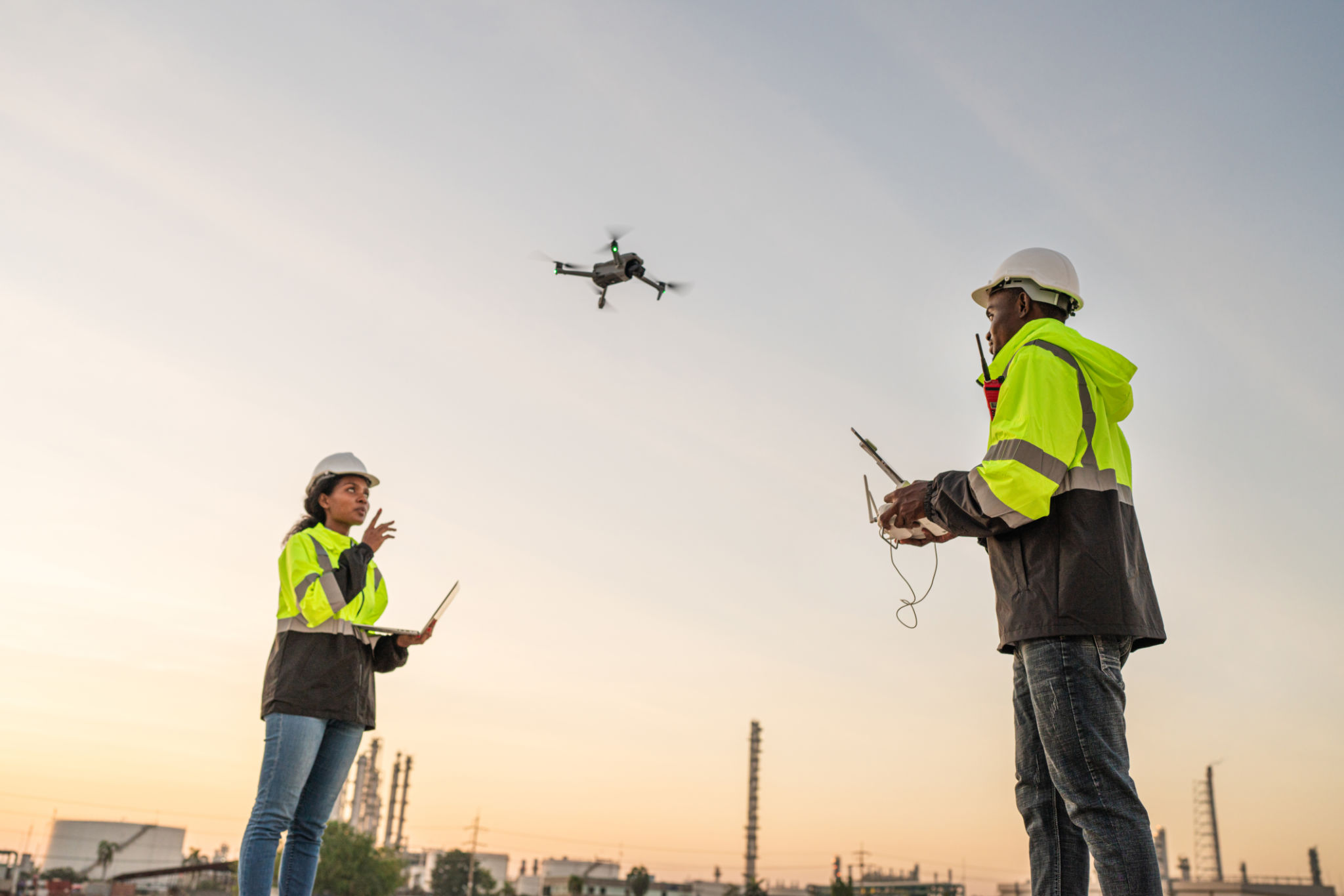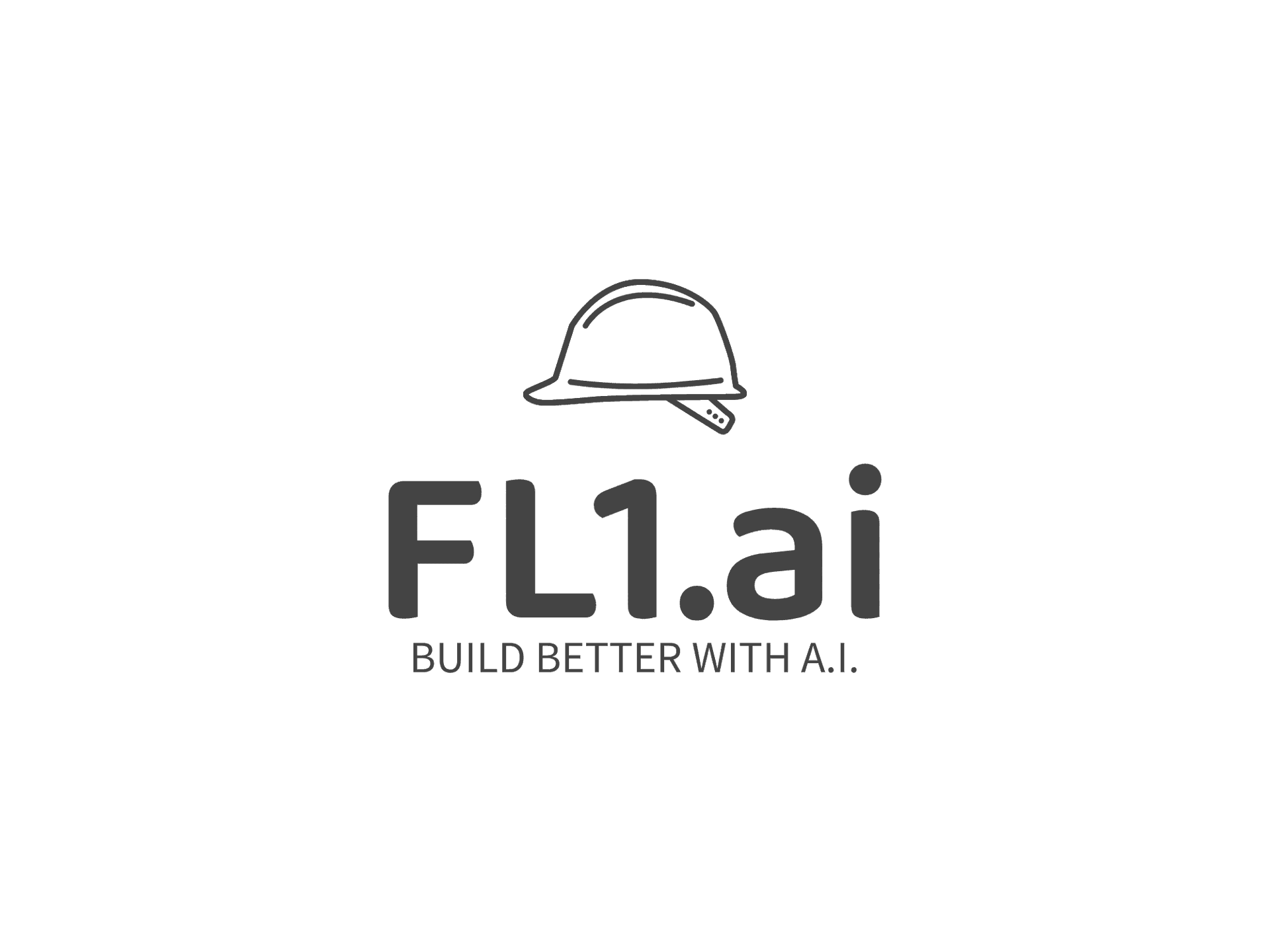Quality Control in Construction: The Role of AI in Ensuring Standards
The Significance of Quality Control in Construction
Quality control in construction is crucial to ensure that buildings are safe, durable, and meet regulatory standards. It involves a comprehensive approach to managing and inspecting every phase of a project to guarantee that the final product is up to code and meets stakeholders' expectations. As construction projects become more complex, maintaining high standards becomes more challenging yet essential.

The Rise of AI in Construction
Artificial Intelligence (AI) is revolutionizing many industries, and construction is no exception. By integrating AI into construction processes, companies can enhance quality control measures, reduce human error, and improve overall efficiency. AI tools can analyze large data sets to predict potential issues before they arise, enabling proactive measures rather than reactive fixes.
AI Tools for Quality Control
Several AI-driven tools are making waves in construction quality control. These include:
- Image Recognition Software: This technology can detect defects in materials or construction work by analyzing photographs and comparing them to a database of known issues.
- Predictive Analytics: AI can forecast potential structural issues by analyzing patterns and historical data, allowing for preemptive action.
- Drones: Equipped with cameras and sensors, drones can quickly survey construction sites for any discrepancies or safety hazards.

Improving Accuracy and Efficiency
By leveraging AI, construction firms can significantly improve the accuracy and efficiency of their quality control processes. Traditional methods of quality inspection are time-consuming and prone to human error. However, AI can automate many of these tasks, providing more consistent results in less time.
The Role of Machine Learning
Machine learning, a subset of AI, plays a pivotal role in enhancing quality control. It enables systems to learn from past projects and continuously improve their accuracy in predicting and identifying issues. As more data becomes available, these systems become even more adept at ensuring quality standards are met.

Challenges and Considerations
Despite its benefits, the integration of AI in construction comes with challenges. The initial cost of implementing AI technology can be high, and there is a learning curve associated with its adoption. Additionally, there are concerns regarding data privacy and security that must be addressed to protect sensitive project information.
The Future of Quality Control with AI
The future of construction quality control looks promising with the integration of AI. As technology advances, we can expect even more sophisticated tools that will further enhance the ability to maintain high standards. This will not only improve safety and reliability but also optimize costs and timelines for construction projects.
In conclusion, the role of AI in ensuring quality control in construction is becoming increasingly significant. By embracing these technologies, the industry can achieve higher standards of safety, efficiency, and reliability, paving the way for innovative advancements in building practices.
